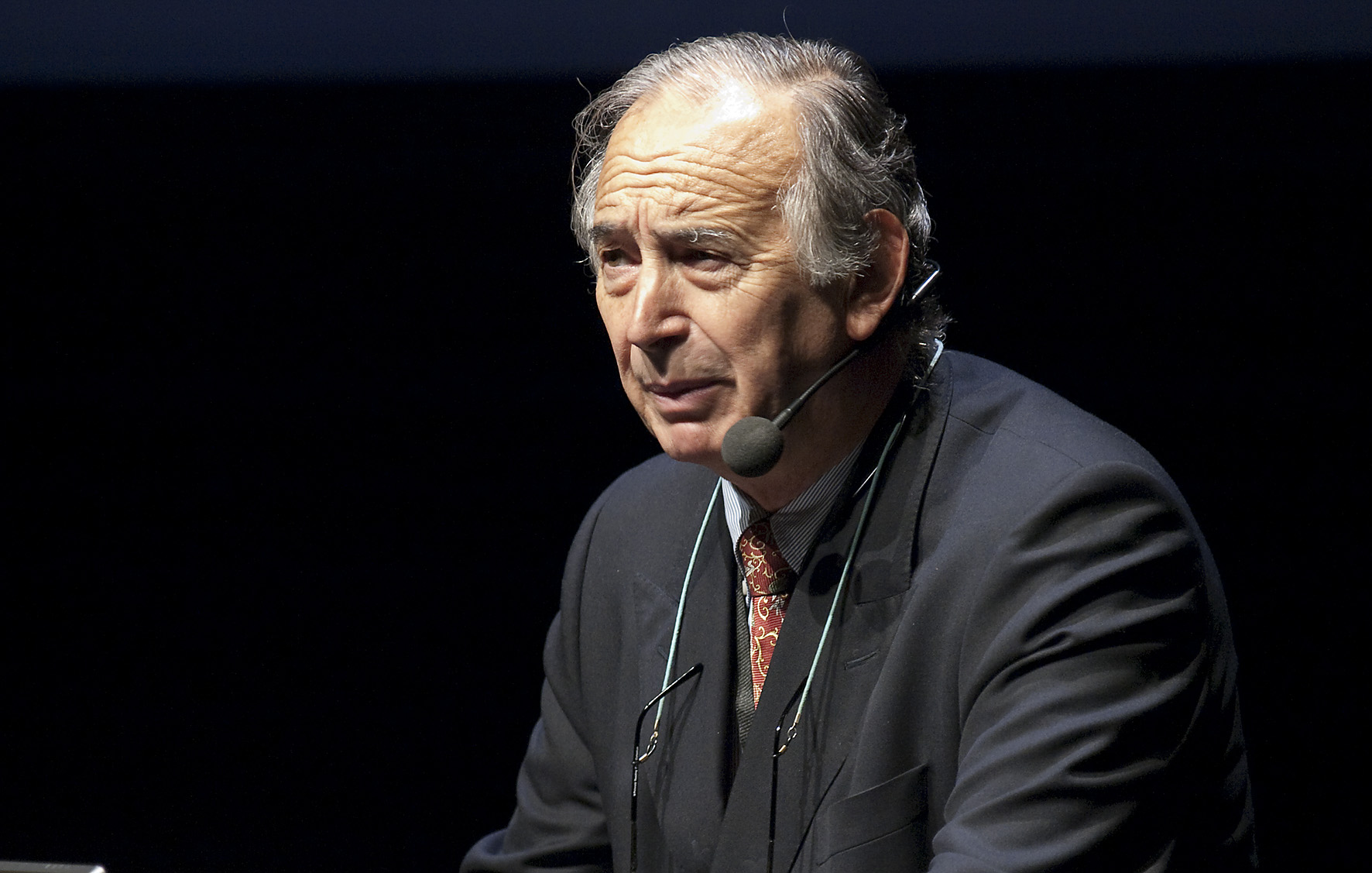“Jönköping is the world’s bioenergy capital!”
The assessment sums up the World Bioenergy trade fair and conference held from 25-27 May 2010, and was made right at the start of the event by Miguel Trossero of the UN’s Food and Agriculture Organization.
In his inaugural speech Sweden’s Minister for Agriculture Eskil Erlandsson emphasised that renewable energy is no longer merely a topic of discussion. We must move from words to action, from know how to show how, which is the theme of World Bioenergy.
“Time is precious, we have to act now,” he said.
This year’s conference and fair were broader than ever before. Their focus was that bioenergy – in combination with other renewable energy sources – must provide the solution to the world’s energy and climate problems.
Cooperation essential
This cooperative approach was embodied during the final session, which included participants representing all forms of renewable energy. Everyone agreed that their own contribution to the energy balance cannot alone replace fossil fuels.
“It’s important that neither bioenergy nor other types of energy should claim to offer the whole solution,” commented the conference moderator, Tomas Kåberger, Director General of the Swedish Energy Agency. “This conference has proven that the solution lies in cooperation. Together we can provide 100 percent of the world’s energy needs.”
The aim of the trade fair and conference is to be the hub of an international network for the development of all forms of bioenergy worldwide. Just over 4,000 visitors from 50 countries and all corners of the world came to Jönköping for the event.
Praised and fully booked
One of the many activities during World Bioenergy was prearranged meetings in a practice known as matchmaking. 160 participants from 35 countries and five continents took part – making the event fully booked.
During World Bioenergy 2010 the international World Bioenergy Award was presented for the first time. The first in what will be a long series of prizewinners was Professor Laércio Couto from Brazil. He was honoured for his applied research into environmentally appropriate and efficient methods of cultivating eucalyptus, which can replace huge amounts of coal and other fossil fuels.
One reason for the great international interest in World Bioenergy and Jönköping is that Sweden uses the greatest proportion of bioenergy in the world. During the three-day event, participants went on a large number of study tours to everything from small-scale heating plants to the large-scale production of biogas, pellets and district heating.
Satisfied exhibitors
Exhibitors also had a successful event. The German company Amandus Kahl exhibited its pellets presses for the first time in Jönköping. Their Swedish representative Patrik Pålsson commented:
“There was a surprisingly large international presence at the fair. We’re going home with many new contacts and concrete enquiries.”
The two organisers Elmia and the Swedish Bioenergy Association (Svebio) regard this year’s World Bioenergy event as confirmation that the world needs an international meeting point, and they can only agree with Miguel Trossero that Jönköping has developed into a centre for bioenergy.
The next World Bioenergy will be held on 29-31 May 2012 in the world’s bioenergy capital: Jönköping, Sweden.
Source: Elmia








